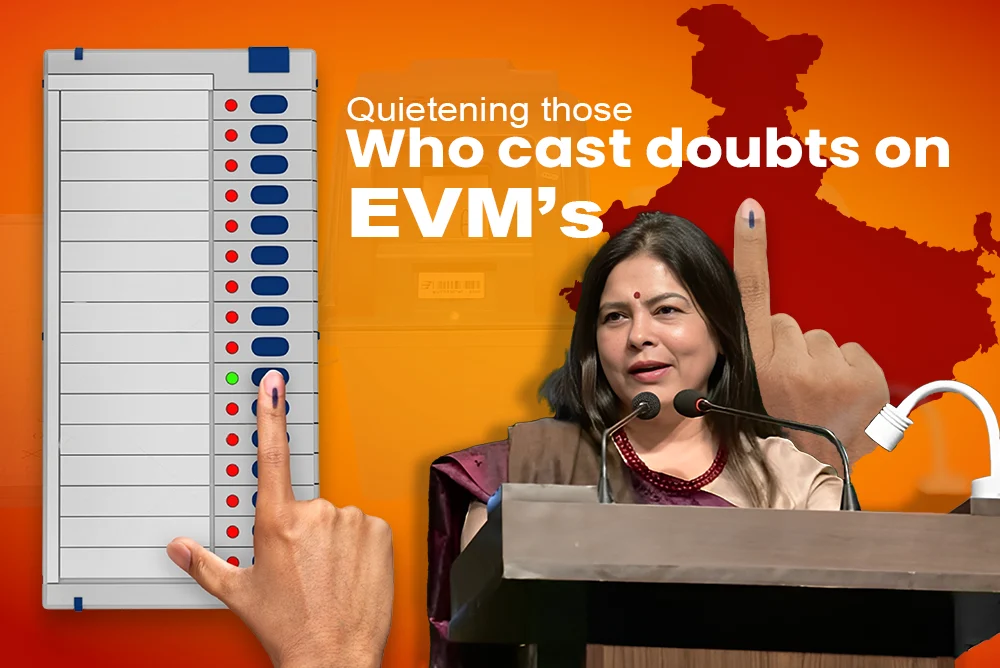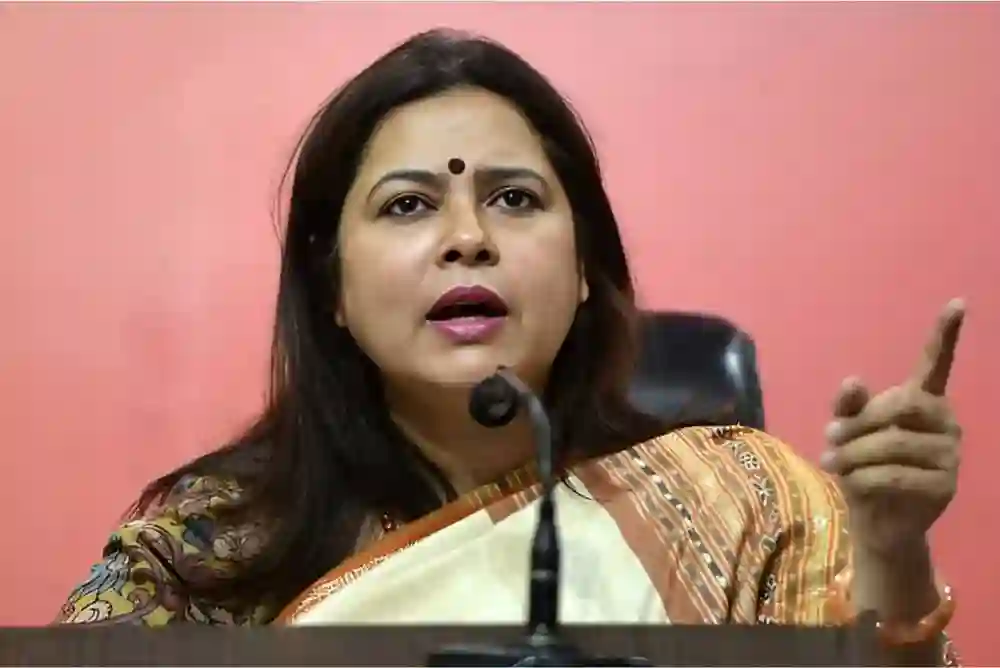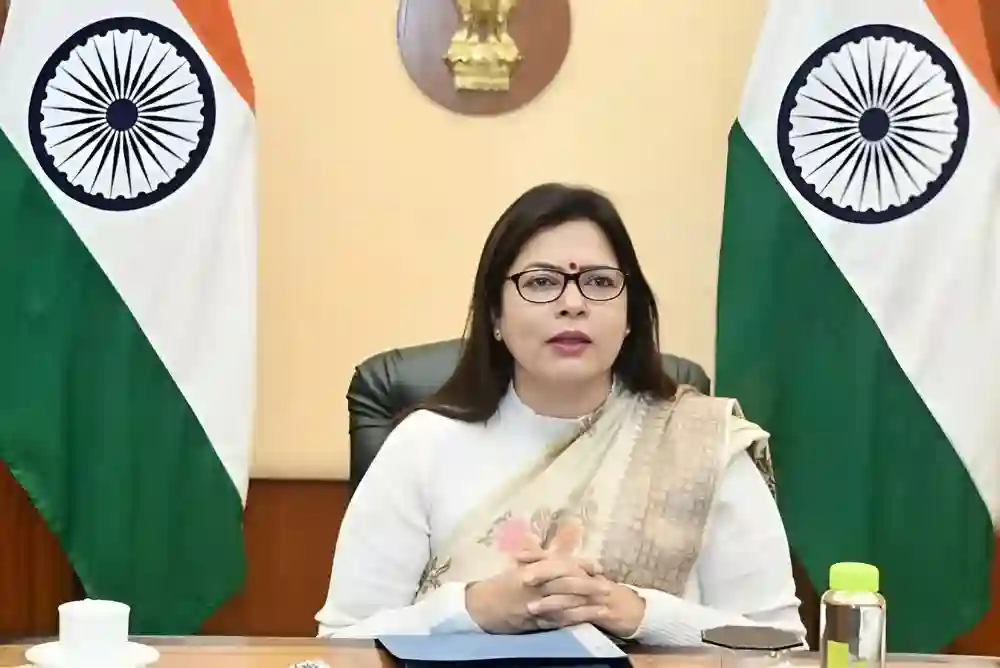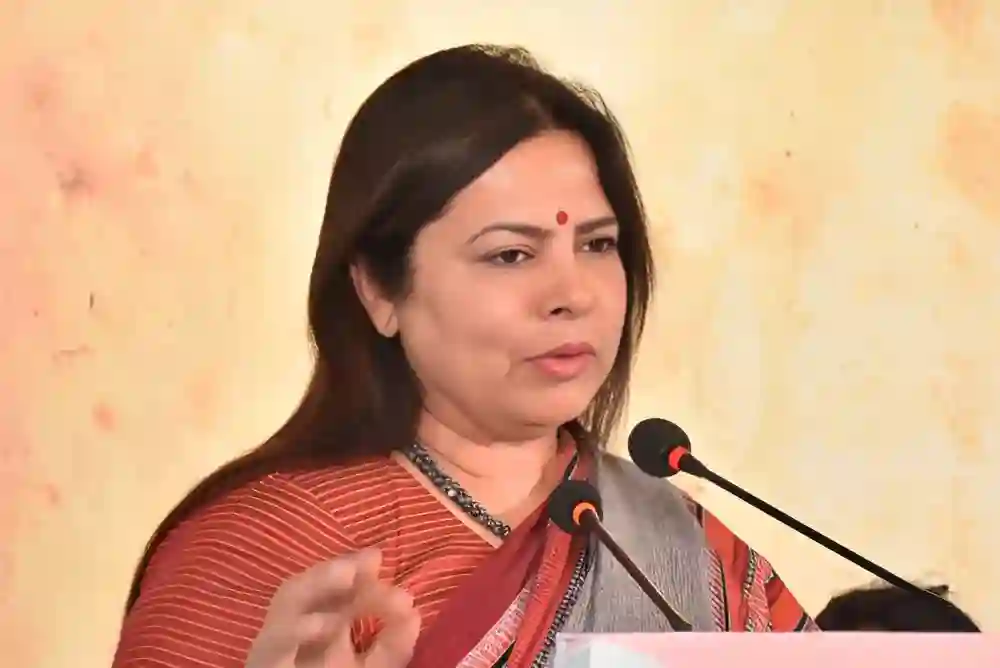
- Jun, 28, 2024 02:31:37 pm
Quietening those who cast doubts on EVMs
Interestingly, the issue of EVMs has been challenged 41 times in courts, including the very first challenge by the BJP which learnt its lessons, but other parties refuse to do so.
At present, Namibia, Nepal, Armenia, Bangladesh, Bhutan, Australia, Belgium, Bulgaria, Italy, Switzerland, Canada, Mexico, Argentina, Brazil, Chile, Peru and Venezuela, besides the US, use some form of electronic voting. Several European countries, including Germany, the UK and the Netherlands, conducted limited pilots to test EVMs. However, due to court orders and concerns such as the need for technical knowledge among voters, vulnerability to hacking, and the absence of a paper trail, they discontinued their use.
The US uses EVMs, but lacks a standardised version. Instead, they employ a combination of optical scan systems and direct-recording electronic (DRE) voting systems, resulting in a variety of technologies and procedures. The Philippines uses precinct count optical scan machines, which scan paper ballots and electronically tally the votes. Brazil uses DRE machines, where votes are recorded directly into electronic memory. All of these countries employ various measures such as operating without network connectivity during voting, protecting election data transmission networks with firewalls, securing hardware, and implementing end-to-end encryption.
Indian EVMs are an indigenous innovation different from systems across the world. Each unit consists of a control unit housing a microcontroller and an electronic circuitry, which does not display any candidate or party information and remains under the supervision of the presiding officer. The balloting unit, through which voters interact, is kept separate and connected to the control unit with a cable. There are more than 275 safety protocols that make Indian EVMs tamper-proof. There is no internet port, so there are no means to send or receive WiFi, Bluetooth or other wireless signals. The EVM chip is writable only once—once encrypted, the chip cannot be overwritten. There are rigorous standard operating practices in place for transportation and storage.
So, Indian EVMs are unique in their simplicity and scalability. They stand as marvels of innovation akin to India’s significant digital public infrastructure achievements, such as the widely adopted UPI payment system and the CoWIN platform. These innovations underscore India’s capability to develop and deploy advanced technological solutions at scale that prioritise security and efficiency in critical national processes.
As PM Modi rightly said, India’s poll results are a victory for the democratic world, showcasing resilience, peaceful conduct of elections and smooth transfer of power. They have ascertained the credibility of EVMs for those who had doubts. They have also cemented India’s democratic credentials and effectively silenced accusations.


